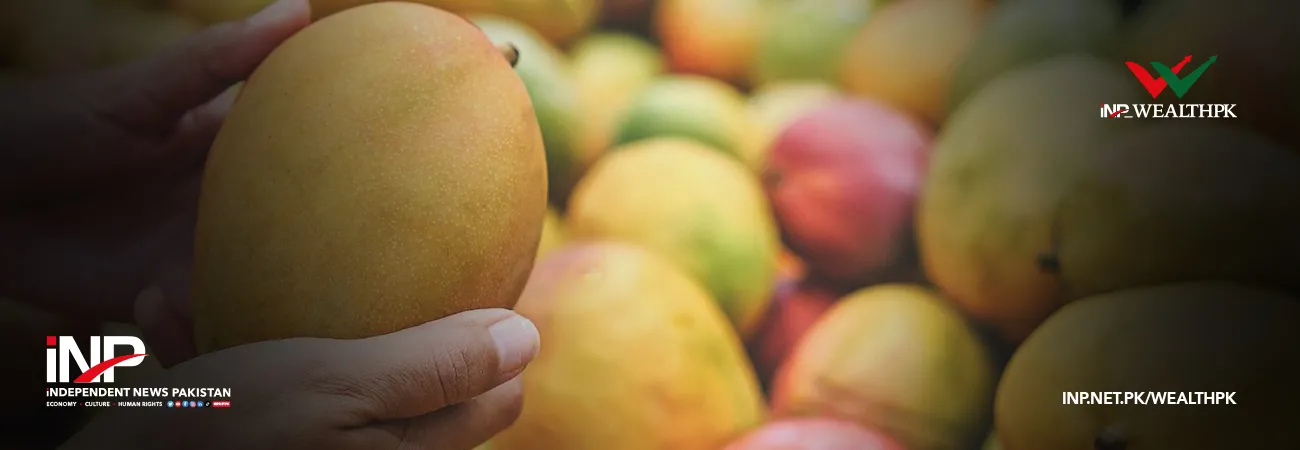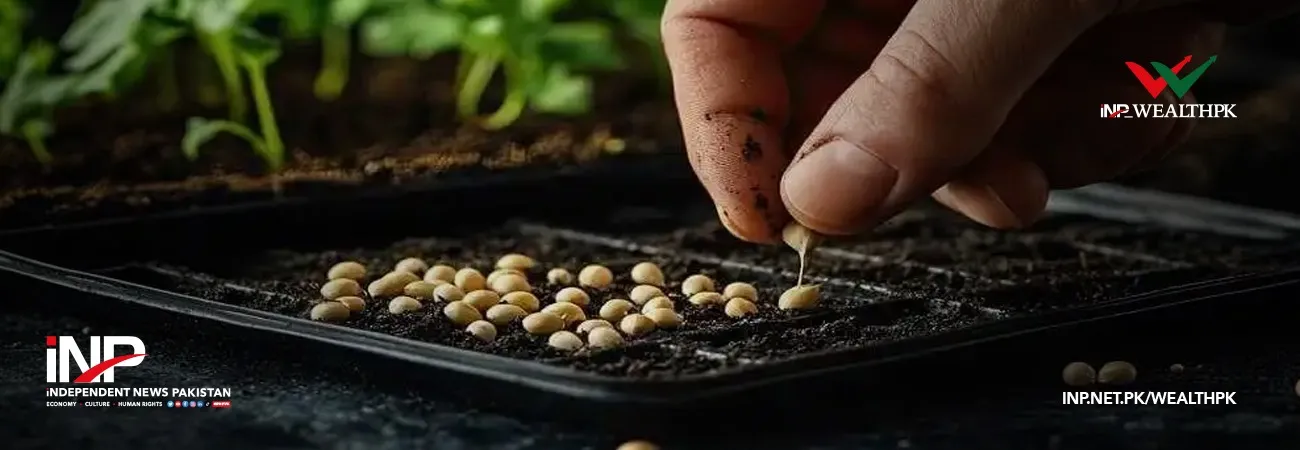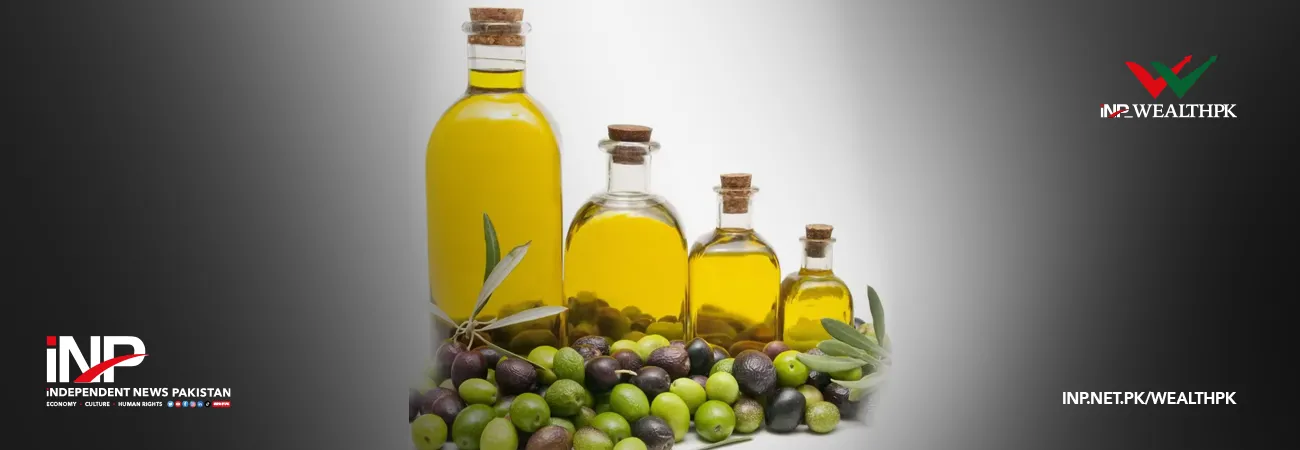INP-WealthPk
Azeem Ahmed Khan
The Chinese mango market offers Pakistan a sizable share for export of its top-shelf White Chaunsa, Waheed Ahmed, Patron-in-Chief of the All Pakistan Fruit and Vegetable Exporters Association (PFVA), told WealthPK. According to Waheed, the Chinese market has the potential to double Pakistan's mango exports. “China's peak mango season ends in June, providing Pakistan with a favourable window from July to September to enhance its exports. Pakistan can focus on exporting its late variety – White Chaunsa – which becomes available in August and has a long shelf-life. Depending on the weather, White Chaunsa remains available until September and October in Pakistan," Waheed said. To successfully export mangoes to China and develop a sustainable consumer market, Pakistan needs to devise a long-term marketing strategy while simultaneously improving the quality of its fruit, he suggested.
The PFVA patron-in-chief emphasised the need to develop a taste that aligns with Chinese preferences, as Chinese mangoes tend to be less sweet and larger in size compared to Pakistani mangoes. Asked how Pakistan should capture the Chinese mango market, Waheed suggested targeting both the wholesale and retail market channels. He confidently said, "I guarantee that within 4 to 5 years, China can become the biggest market for Pakistani mangoes." “Exporting only a few metric tonnes of mangoes to China each year may not yield maximum benefits. Therefore, the focus should be on exporting a substantial quantity. If you send 3 or 4 metric tonnes of solitary consignments to China, it is just a joke," Waheed added.
“Pakistan does not need to introduce mango as a new fruit in China, as China is already the third largest mango producer in the world,” he said. He suggested that a Pakistani delegation visit China each year and organise mango festivals at five-star hotels, inviting the media, diplomats, and fruit businessmen to participate. “Continuous promotion should be carried out at wholesale and retail shops, supermarkets, and customer feedback should be recorded from each activity.” “Developing a market is of utmost significance, as demonstrated by Pakistan's experience with Iran. Initially, it was challenging to sell mangoes in Iran due to a lack of awareness and absence of a developed market. However, with gradual efforts, Pakistan now exports 30,000 metric tonnes of mangoes to Iran each year,” said the PFVA patron-in-chief. He cited Dubai as another example, emphasising that despite being a small country, Pakistan exported about 30,000 metric tonnes of mangoes there last year.
Recalling his experience of developing the mango market in Paris in 2000, Waheed highlighted that his largest customers were the Chinese people living in France. He used to export 30 metric tonnes of mangoes by air, and astonishingly, 25 metric tonnes, or 83% of the mangoes were consumed by the Chinese. "Pakistan will also have to adopt good agricultural practises similar to those in China. In Pakistan, mango trees can grow as tall as 40 feet, making it challenging to harvest the fruit without causing damage. When mangoes fall from such great heights, many of them get damaged and lose their commercial value,” he said.
“To address this issue, Pakistani and international scientists collaborated five years ago to reduce the height of mango trees. The results of their experiment are expected this season. If successful, this initiative will not only reduce the production costs but also lead to a higher yield per acre,” he added. According to Waheed, dwarf trees yield more because their smaller circumference allows a greater number of trees to be cultivated per acre. Additionally, the fruit remains undamaged, as it does not fall from great heights. Pakistan must also combat the adverse effects of climate change to increase its yield to meet the demands of a rapidly growing population. The country’s climate is undergoing changes affecting its agricultural production. Last year, there was 50% reduction in mango production, and this year, an estimated 25% reduction is expected.
Waheed suggested that the government's research departments should educate the farmers on tackling the challenges posed by climate change, especially the emergence of new diseases. Pakistan currently exports mangoes to approximately 40 countries, with its largest export market being the Gulf countries, followed by Iran and the United Kingdom. Notably, about 80% of the mangoes exported to Europe are consumed in the UK. The country must adopt innovative production methods and control new diseases to remain competitive and ensure future successes.
Credit : Independent News Pakistan-WealthPk













